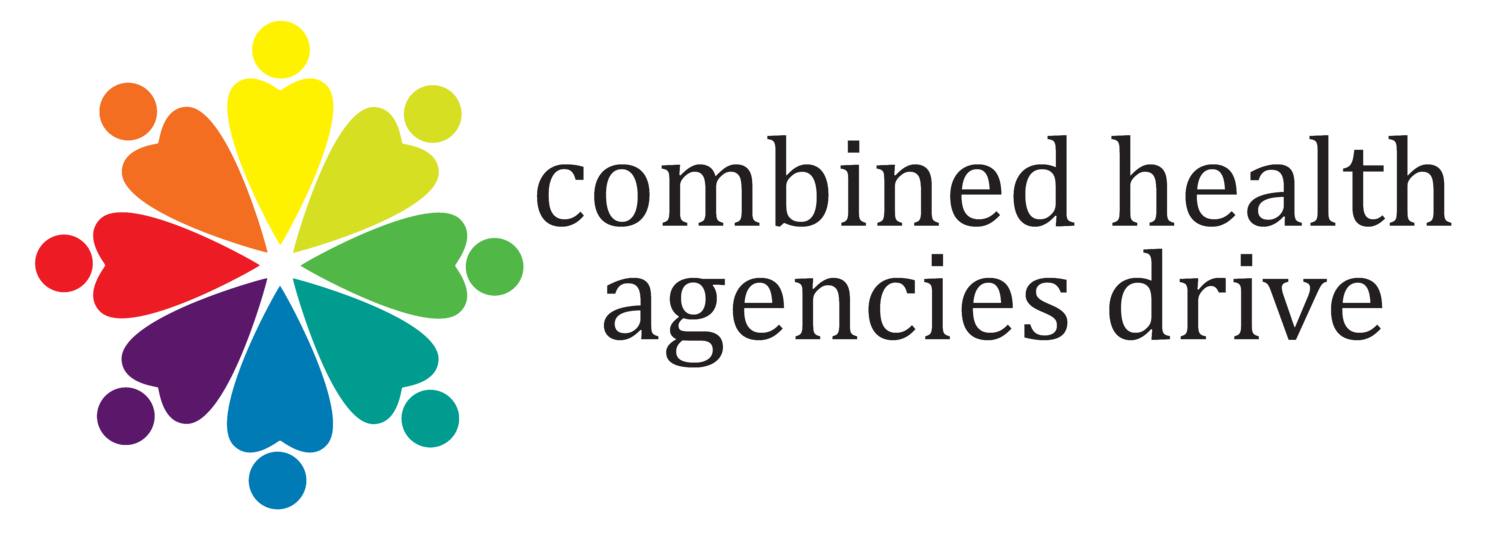Medicare RX Access
The Medicare Rx Access Network of Nebraska is one of 50 state efforts that launched in September 2005 that is organized nationally under the auspices of the Medicare Rx Education Network. The network consists of locally based health care, social service and professional organizations that have come together to educate beneficiaries and their caregivers about the new Medicare prescription drug benefit.
CHAD is one of 169 local partners insuring that correct and immediate information about Medicare Part D is available to seniors throughout our state. CHAD provides impact and delivery of health services and education to employees in the workplace through our member agencies while acting as advocates for the people of Nebraska.
National Medicare Facts
Medicare’s Prescription Drug Coverage pays for both brand name and generic drugs.
The deductible is the first $250 in drug costs each year.
The Medicare Prescription Drug Plan pays for 75 percent of a person’s drug costs up to $2,250.
After paying $3,600 in out-of-pocket costs, Medicare pays for 95 percent of the rest of your prescription drug costs.
If your annual income is below $12,920 ($17,321 for couples), you pay no deductible and no premium.
If your annual income is below $14,355 ($19,245 for couples), you will pay reduced deductibles, premiums and co pays.
The average retail prescription price increased more than three times the rate of general inflation from 1998 to 2000. (Study by the Kaiser Family Foundation)
Eighty percent of America’s retirees use a prescription drug everyday. (Study by AARP) Medicare beneficiaries are projected to spend $1.8 trillion for drugs between 2003 and 2012. (Congressional Budget Office)
Medicare beneficiaries with the highest average out-of-pocket drug expenses are those with modest incomes (135-200 percent of poverty). However, among all beneficiary income groups, those with incomes under 100 percent of poverty, without Medicaid protection spend the largest percent of their income out-of-pocket on drugs. (AARP Study - 1999)
